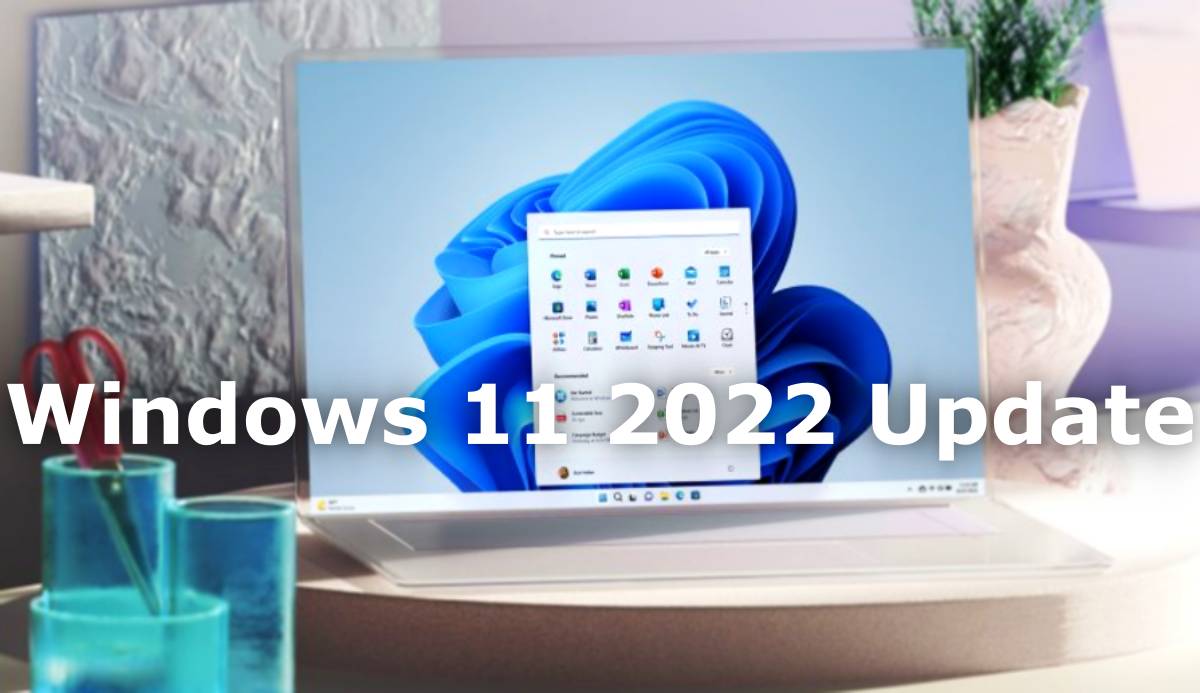Nithin Kamath and Zerodha: Playing the long game
In this edition of the Prime Venture Partners Podcast, Nithin Kamath, the founder and CEO of Zerodha, talks about his entrepreneurial experience and offers some advice for budding businesspeople.
The founder and CEO of Zerodha, Nithin Kamath, disbelieves in joining any bandwagons. His bootstrapped firm, which grew from 70,000 users in 2016 to 10 million in 2022, is a model example of doing things differently.
Nithin believes that some of these initiatives "would have been really difficult to follow through on if we were kind of supported."
Even though Nithin didn't start Zerodha until 2010, he had been dabbling in trading for ten years prior. He was surrounded by folks who were eager to try their hand at stock trading while growing up in the Marwadi area.
He began by using his mother's offline trading account in the late 1990s. As a result of his early work in trading, he has a good understanding of how the market works.
Nithin had a brief stint as a contact centre employee before launching his own advisory company in 2005. In addition, he established communities on Orkut and Yahoo Messenger to impart his wisdom. The NSE then set up a free trading platform, which made it possible for Zerodha to start up.
So that's essentially what motivated us to develop Zerodha in 2010; we wanted to address two issues. The first was, of course, to lower trading expenses for really active traders, and the second was to increase company transparency. Nithin says that this is because most companies in the money industry work in a very secretive way.
Zerodha’s rise and rise
Zerodha needed six years to bring in 70,000 clients and another four years to reach two million. But over the past two years, the business has seen remarkable growth, and in 2022, it will have 10 million consumers.
A few significant turning points in Zerodha's development include the hiring of CTO Kailash Nadh in 2013 and the introduction of Varsity in 2014. The business offers thorough financial and stock market courses to traders and investors through Varsity. It helped Zerodha reach out to people other than the main group of active traders.
The turning point, though, was when the company started offering equity investments with no fees in December 2015.
“So we said, why don’t we go zero for equity investing, because anyway we are not making any money from equity investors. And that kind of played out really well because we got a lot of press because of this,” Nithin recalls.




